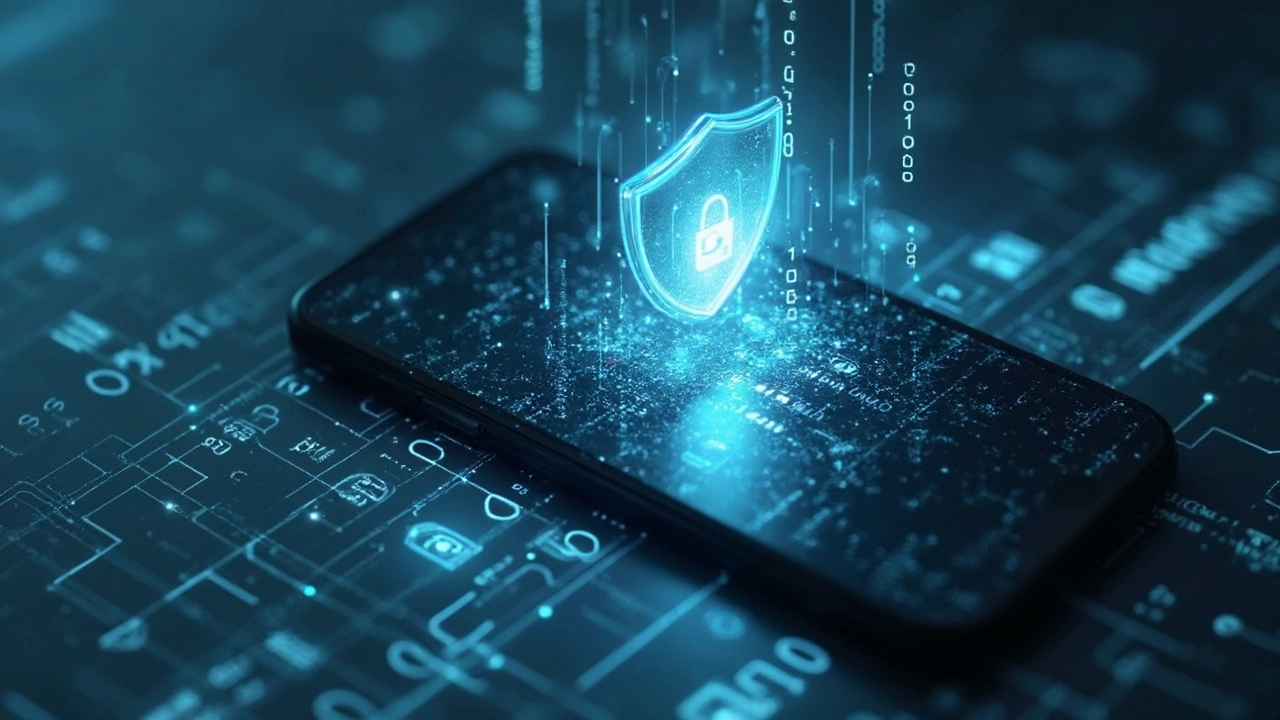Ever wonder who might be watching you through your own phone? From cameras that work in dark rooms to apps that silently share data, your smartphone can feel like an open window if you don’t lock it down. The good news? You can tighten the shutters in just a few minutes, and you won’t need a tech degree.
Modern phones brag about night‑mode cameras that capture crisp images in low light. That’s great for selfies, but it also means the sensor can work in near darkness without you noticing. Check the camera permissions in your settings and turn off apps that don’t need access. Some Android phones let you add a visual cue—like a tiny LED—that lights up whenever the camera is active. If your device doesn’t have that, consider a third‑party app that blocks background camera use.
For iPhone users, the new App Privacy Report shows how often each app accessed the camera or microphone. Review the list weekly and delete anything that looks suspicious. The same principle applies to video‑doorbell or security‑camera apps that let you view live feeds on your phone. Make sure those apps require a strong password and, if possible, enable two‑factor authentication.
Every app you install asks for permissions—location, contacts, storage, and more. Grant only what’s essential. A weather app doesn’t need your contacts, and a game rarely needs your microphone. Revoking unnecessary permissions cuts down the amount of data you share without even realizing it.
When it comes to network safety, avoid public Wi‑Fi for anything sensitive. If you must use it, turn on a reliable VPN on your phone; it encrypts the traffic and keeps your browsing hidden from snoopers. Also, keep your operating system and apps updated. Updates often patch security holes that hackers love to exploit.
Another easy win is to turn off Bluetooth and NFC when you’re not using them. Those radios can be used for proximity attacks that steal data or launch unwanted connections.
Finally, think about the apps that let you control other security devices, like smart doorbells or cameras. These apps give remote access to your home, so treat them like a digital front door. Use strong, unique passwords, enable biometric lock if your phone supports it, and regularly review the device list in the app to make sure no rogue hardware is still linked.
By tightening camera permissions, scrutinizing app requests, and securing your network, you turn your smartphone from a potential spy into a solid shield for your personal life.
Take a few minutes today to open your phone’s privacy settings and make these changes. You’ll sleep better knowing that the only eyes watching you are the ones you chose.

You’ve heard the stories, right? The ones about apps sneakily accessing your phone camera? It’s a real concern for many folks worried about privacy and security. This guide sorts out how apps can obtain camera access, how you can control these permissions, and the tech that acts as your watchdog. Explore easy tips to keep prying eyes at bay and ensure your device's security remains tight.